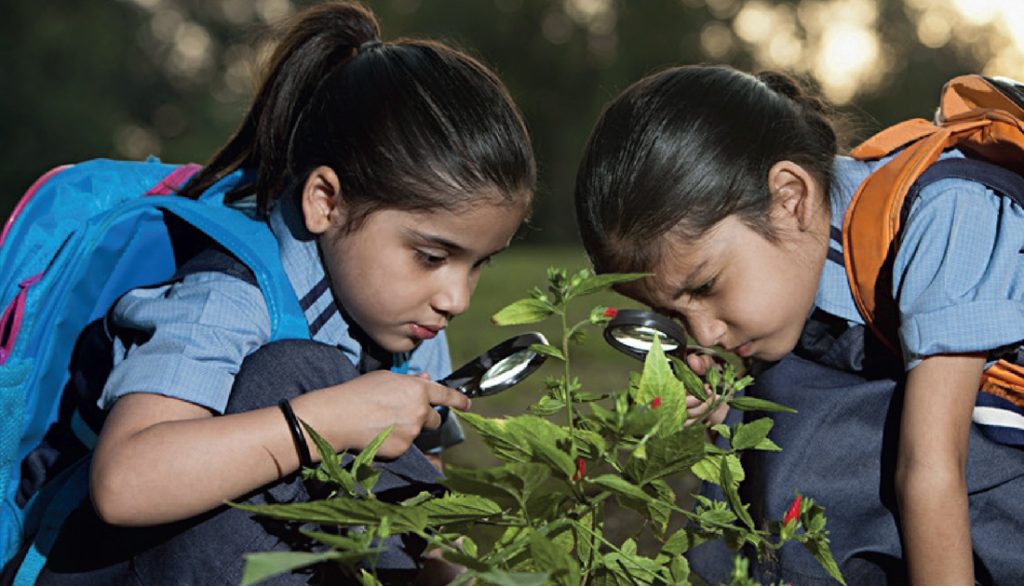In Singapore, The Early Childhood and Development Agency (ECDA) is a regulatory body which serves as the authority that monitors and brings about the necessary changes in everything that is related to educational programmes for pre-schoolers. The ECDA is an autonomous agency that is monitored by the Ministry of Education (MOE) and the Ministry of Social and Family Development (MSF).

The ECDA commits itself to do things like, overseeing measures to improve on the quality of early childhood programmes, enhancing training for early childhood professionals and developing infrastructure that provides for and supports the programmes in store.
Moreover, schemes and subsidies are put in place to ensure that equity is maintained; so that all students, no matter what their socioeconomic background is, are taken care of and given equal opportunities. There are also numerous tutors ready to take up tuition assignments for young children at reasonable rates these days, for the same reasons.
Parents know what they want to provide their children with the best possible education, but they are not sure as to how early childhood education is beneficial and why it is essential.
So, let’s take a look at what exactly the benefits of early childhood education are!
The Beginning
How a child is raised and what he or she is being taught at such a young age is extremely important. It is a usual saying that it takes a village to raise a child. It is absolutely true that parents, other parental figures, and teachers have the responsibility to do the right things, say the right words and teach the right lessons to young children.

The lessons learnt at a young and tender age tend to be deeply ingrained in them and they form the foundation for every thought and action that children would grow up to make when they are adults. Setting the right tone from the beginning is crucial and that is why early childhood education programme is carefully designed.
Holistic Development
In this globalised world, as much as academics is highly values, soft skills are equally as important. Interpersonal skills and communication skills and values like integrity and respecting one another despite fundamental differences are all essential to have in this competitive world. Such skills are vast and cannot be contained in a textbook, nor could it be learnt from reading about it.

Holistic development means that children are taught all kinds of skills apart from theories and formulas that they read in textbooks. Being able to function as a whole in this competitive and fast-paced world can seem daunting. But, it is not unachievable, if children are trained from a young age.
It’s Valuable
Every moment of our lives is important. Sometimes we tend to waste it away by worrying about unnecessary matters, but the time that is lost can never be gained back. Children need to be taught from a very young age about the importance of time management.

One should use the hours in their hands wisely, and ensure that they spend their energy on learning something new always. Knowledge is truly empowering for a human being and it is also something that never lost when shared with another.
Staying Ahead Of The Curve
Some parents talk about putting their children on the “fast track”, so that they can excel much faster than other kids by learning things in advance. Well, learning doesn’t work that way, crash courses aren’t encouraged and childhood education programme in Singapore is definitely not about pushing children beyond their limits.

Parents need to understand that children should not be overloaded because when they bite off more then they can chew, it becomes a huge problem. Children would start to feel overwhelmed, and they would lose sight on the true purpose of education. Early childhood education is aimed at introducing education and the importance of it in a subtle manner.
Often times, putting children straight into primary school without kindergarten or preschool may cause them to be startled and be unsure of how to respond to the huge change in environment. When children are exposed to a learning environment and when they know what it’s like to interact with children of similar age group, things will be a lot easier!
